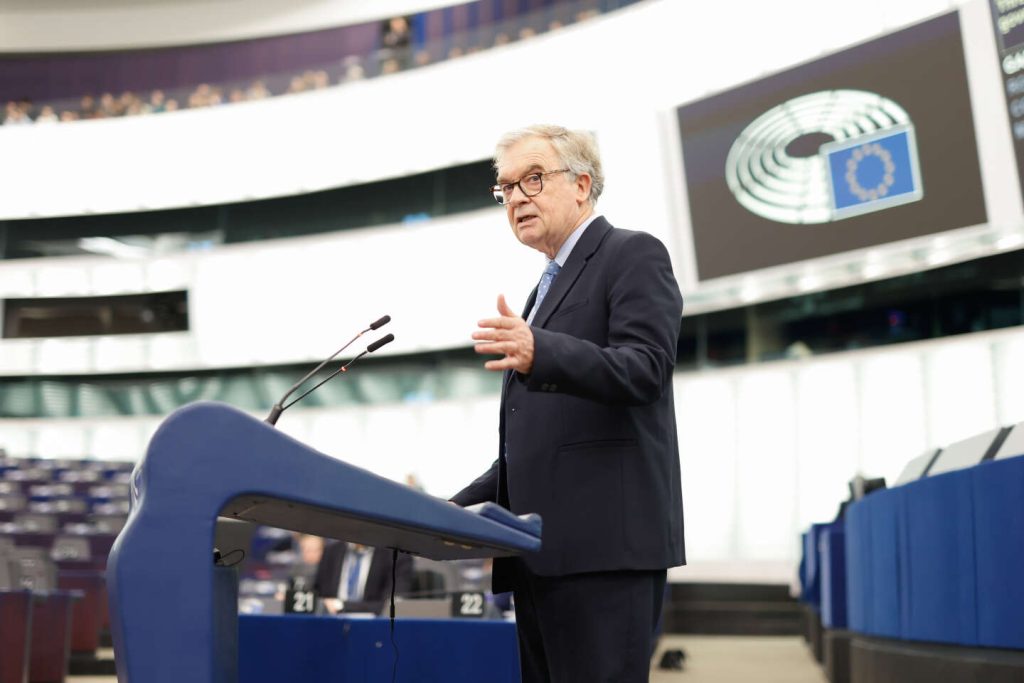Jean-Paul Garraud, the president of the Rassemblement national delegation in the European Parliament, has aligned the party with the positions of industrial lobbies since 2019, joining forces with right-wing parties in Europe. This alignment includes opposition to measures aimed at protecting the environment and consumer health. Lobbyists representing industries such as plastic, industrial fishing, intensive agriculture, energy, fast food, and Gafam (Google, Apple, Facebook, Amazon, Microsoft) have been active in Brussels and have often received support from the far-right party through their votes and amendments.
Ecolobby, a consulting firm advocating for environmental interests, has identified the extreme right’s alignment with economic interests through ten stories that showcase their support for industry. This trend has been observed by stakeholders in the European Parliament, noting a growing relationship between lobbyists and certain extreme right-wing representatives, similar to the situation in the French National Assembly. The influence of the Italian lawmakers from Matteo Salvini’s party (the League), who lead the RN group in the European Parliament (Identity and Democracy, ID), has contributed to this normalization, as they have historic ties to Italian business interests in Brussels.
The question arises whether the RN, headed by Jordan Bardella, is straying from its “anti-system” roots on which it originally thrived. Some observers, like Luxembourgish socialist Charles Angel, highlight the contradiction between the far-right’s small business rhetoric and their pro-big business voting record. Despite claims of representing all stakeholders, including French sectors, Garraud insists that his group does not receive financial support from multinational corporations. This shift towards aligning with industry interests raises concerns about the party’s departure from its original platform.
The cohabitation with Italian lawmakers and their strong connections to industry interests has influenced the RN’s stance in the European Parliament. The party’s growing alignment with right-wing groups and their pro-industry votes have caused confusion among observers who expected a more anti-establishment approach from the far-right. The trend of favoring big business over workers, consumers, and the environment has sparked criticism and raised questions about the party’s commitment to its core values.
Despite claims of maintaining a close relationship with French sectors, the RN’s alignment with industrial lobbies raises questions about their commitment to serving the interests of the people they claim to represent. The far-right party’s cooperation with right-wing European groups and their tendency to prioritize industry interests over environmental and consumer concerns has led to concerns about their departure from their original stance as an anti-establishment voice. The growing influence of lobbyists and economic interests on the party’s decision-making process in the European Parliament has raised concerns about the party’s changing priorities.


